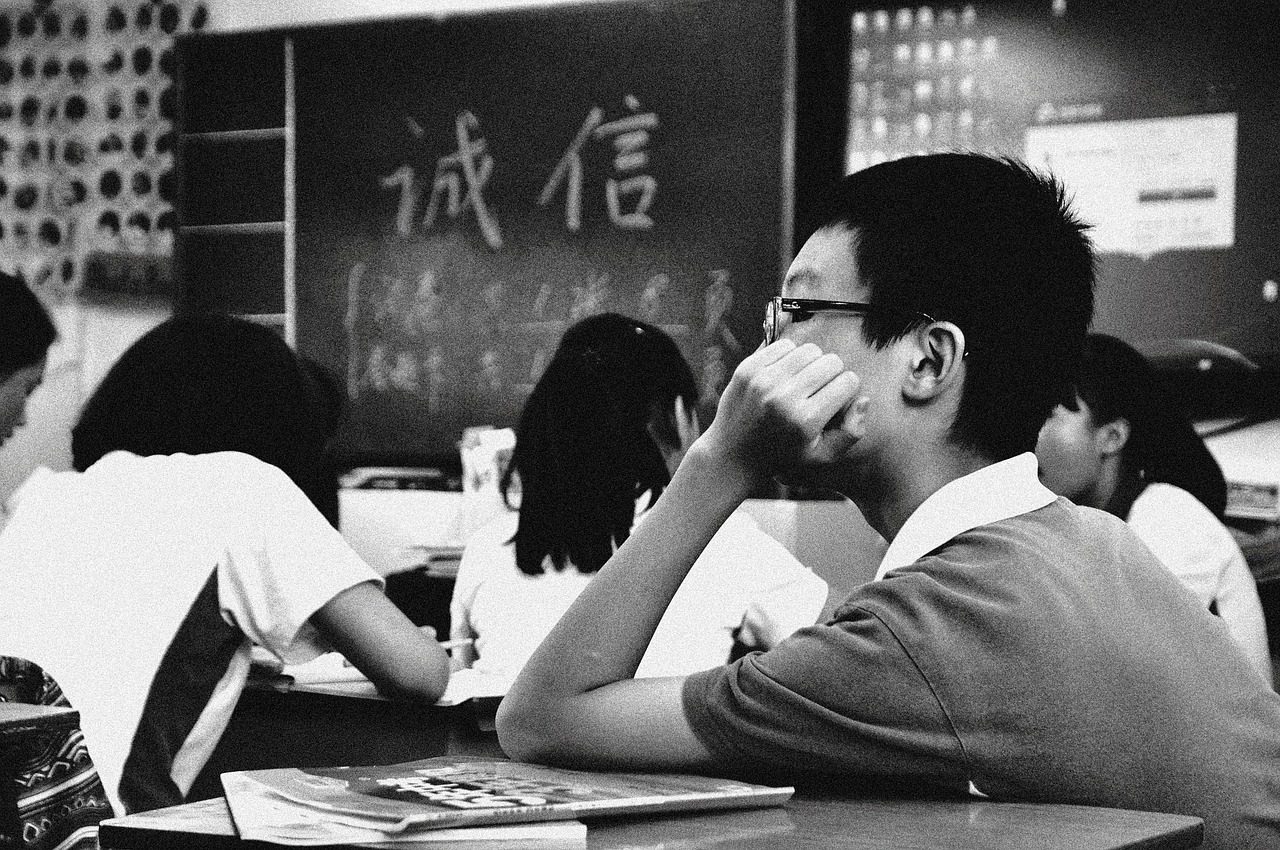
By Adrian Kuek (Joyous Learning) and Marcus Goh
Almost two years ago, a sophisticated cheating ring gave external assistance to six students taking their O-Levels. The elaborate operation involved students smuggling mobile phones into the exam hall, so that they could show the masterminds what the exam papers were through video calls. In 2016, questions would be analysed on the spot and model answers delivered through hidden earpieces from 19 October until they were caught in 24 October.
The most worrying aspect of this operation, however, is that the papers were skill-based ones, rather than content-based ones. In other words, they tested students on the application of skills in a given context rather than their knowledge of the subject (like the MCQ and open-ended question papers for Science, for example).
While the immediate goal may be to score the required grades for the desired tertiary-level course of study, this has serious long-term repercussions for the students and the society at large. If the students were cheating in content-based exams, they would pass with deficiencies in their content knowledge. Such a gap could be ameliorated with access to the right references and of course, the Internet.
But the students here were cheating in skill-based exams. This means they would pass without the requisite foundational skills in English (which would present problems in basic comprehension of questions at higher levels). If these students chose a STEM course at tertiary level, their poor skills foundation in Mathematics and Science would affect their ability to understand and apply higher level skills they would be learning. After all, how can one perform complex calculus equations without basic understanding of surds and logarithms?
This means that they’ll need even greater academic crutches to get by at tertiary level. And if they resorted to the same, unethical means of getting though their course of study, then they would graduate without the skills expected of them by employers.
If this sounds familiar, it’s because the inadequate skills of fresh graduates is a common complaint among employers. And this can be traced partially to the academic crutches used by students to overcome exams — thereby circumventing the whole objective of such assessments.

Examinations and the erosion of their effectiveness
The issue is that academic crutches, even those of a more legal nature, are being employed more frequently by students to pass examinations. This often comes in the form of memorised phrases, techniques or answers to tackle questions, that often short circuit the thinking process that such examinations intend to assess.
As teachers (especially in the private sector), it is our duty to ensure that students do well for the subjects that we teach, which translates into good examination results. In an ideal scenario, a student’s proficiency at a subject would translate equitably into a good performance in a time-sensitive, stressful assessment like an examination. But practically speaking, this doesn’t always hold true, which means that it’s sometimes necessary to game the academic system.
Ultimately, the reliance on such academic crutches has the same consequences (to a lesser extent) — graduates with inadequate skills to match the jobs they are applying for.
This can be traced to three main factors.
First is the oft-touted fact that examinations (especially watershed ones like the PSLE and O-Levels) have become such a high stakes game in Singapore. But who can blame anyone for this? Good grades often result in future academic successes (whether warranted or not), which eventually leads to higher paying occupations, especially when such qualifications are prized in certain sectors.
The second factor is that we simply don’t respect examinations any more. They are usually carefully calibrated assessments of a student’s ability in a particular subject. Yet we treat them as a game to be won, rather than as a test to check for understanding (and problems in understanding) of a subject. Think about it — would anyone try to game a health screening for cancer? In both cases, these assessments are meant to spot possible problems before they intensify, but gaming such a test would mean skewed results and worsened consequences.
Finally, we have to face the unpleasant truth that the way examinations are structured don’t always test a student’s proficiency in a subject. They test whether a student can answer questions phrased in a particular format, using specific keywords — which may not always be applicable to real life situations.
Hence the escalating academic arms race we find ourselves in.

What can we do about it?
We have to put our trust in key decision-makers and educators. This means trusting the Ministry of Education when they make changes in exam formats, testing criteria and the breadth of the syllabus, rather than harping on the possible downsides of such amendments. It is ultimately for the benefit of students and such changes have to be made incrementally, rather than as sweeping modifications.
Conversely, educators must play our part and start with a more holistic assessment of students’ abilities in subjects. This means reducing the focus on examinations and looking at other, more diverse forms of assessment.
As painful as this may sound, students must also acknowledging the possibility of failure, that they may not be good at a subject. Only by accepting the verdict of an examination can we move on to address the long-term issue of graduates lacking the skills needed for their industries.
This will result in more meaningful exams, more hireable graduates, and a better alignment of skills for everyone in general.

This article was written for and first published on Yahoo Singapore’s Grade Expectations.
Grade Expectations is a weekly feature on education in Singapore. Expect fun activities, useful tips and insightful news on learning. It’s not just about your child’s grades — it’s about raising a great child!
Adrian Kuek runs Joyous Learning, an enrichment centre that specialises in English, Mathematics, Science and Creative Writing for Primary. He previously served as the academic director of one of Singapore’s largest enrichment centre chains for over seven years. Send him an email if you’re keen!
Marcus Goh runs Write-Handed, a creative writing studio. At the same time, he teaches English at The Write Connection. He has been a specialist tutor for English and Literature (Secondary) since 2005.
If you liked the article, follow me on Facebook and Instagram for more updates!
To get in touch with me, send an email!
Leave a Reply